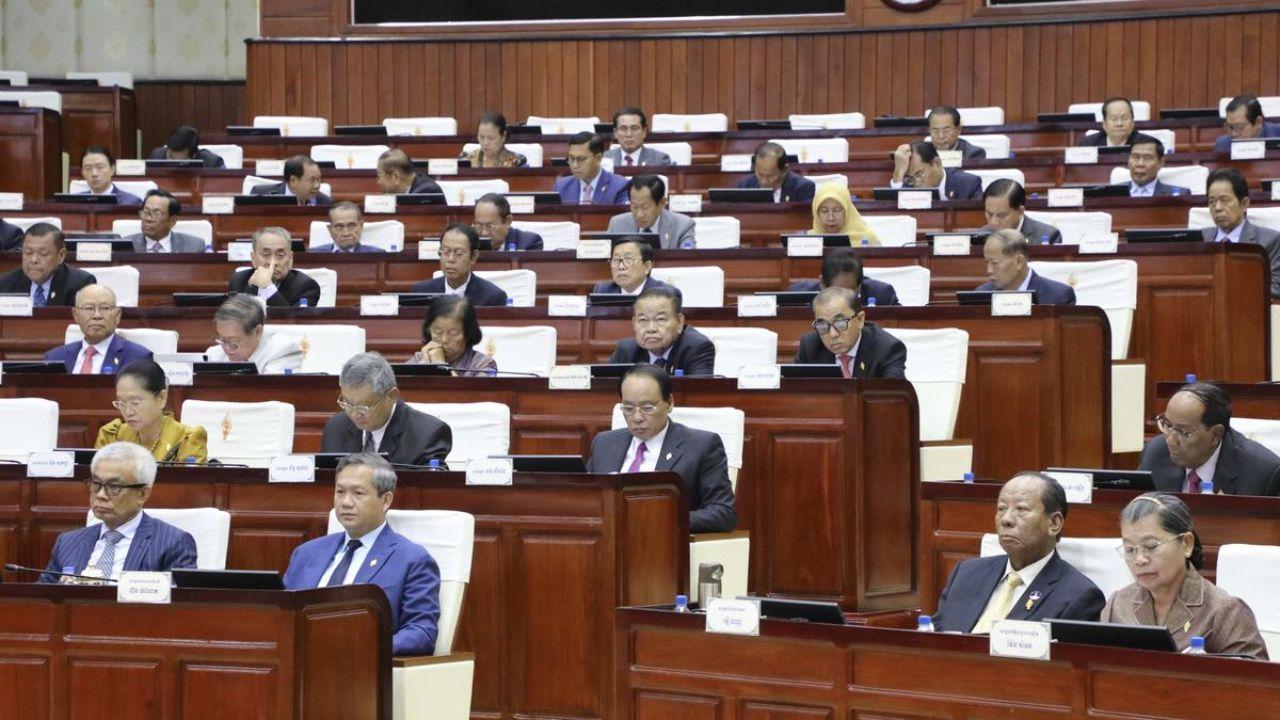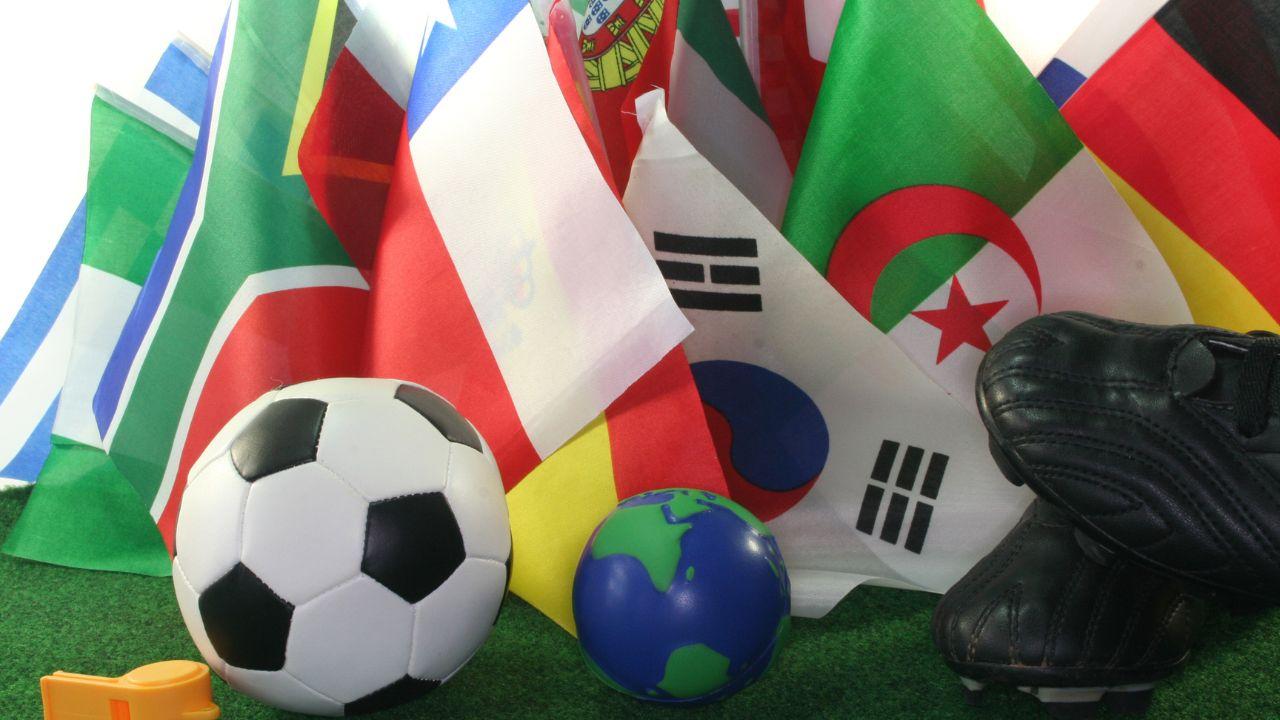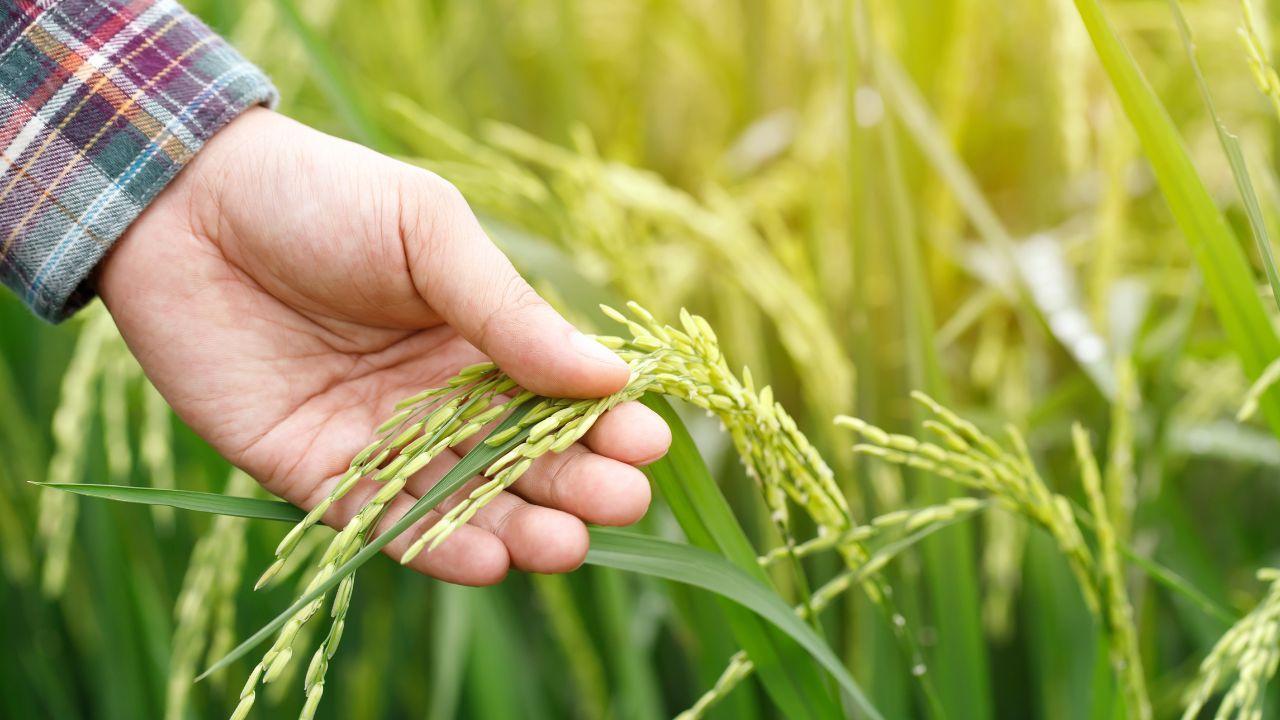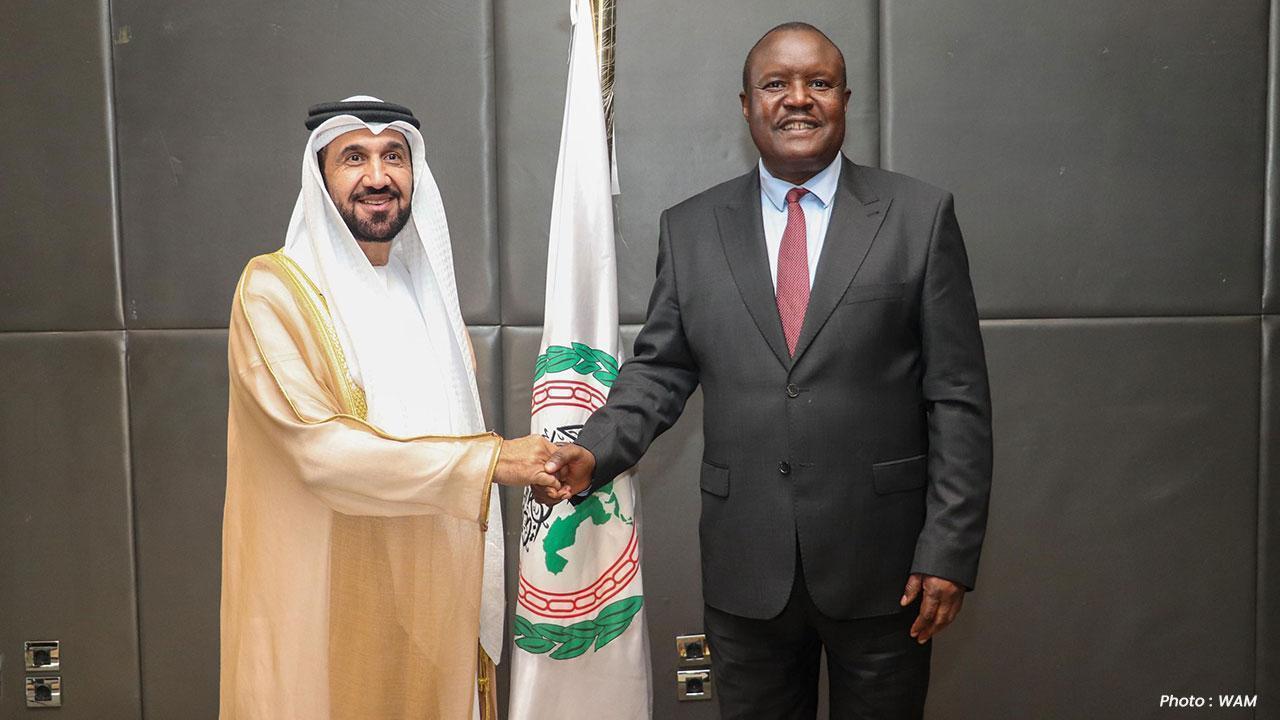
Join 10k+ people to get notified about new posts, news and tips.
Do not worry we don't spam!

Post by : Jyoti Gupta
Photo:AP
Cambodia’s National Assembly has approved a new amendment to its Nationality Law that gives the government sweeping powers to revoke the citizenship of people accused of conspiring with foreign nations to harm the country’s national interest. The move, passed on Monday, August 25, 2025, has sparked sharp criticism from human rights groups, opposition figures, and civil society organisations, who warn that the measure could be used as a tool to silence political dissent.
The Amendment and Its Scope
All 120 lawmakers present in the National Assembly voted in favor of the amendment, highlighting the dominance of the ruling Cambodian People’s Party (CPP) under Prime Minister Hun Manet. The law allows the government to strip citizenship not only from naturalized citizens but also from those born as Cambodians and from dual citizens.
According to Interior Minister Sar Sokha, the purpose of the amendment is to “strengthen patriotism” and protect national security, particularly at a time when Cambodia is facing external pressures. Sokha told lawmakers that some Cambodians had been making remarks and taking actions harmful to the nation’s security, suggesting that such people no longer deserved to call themselves Cambodians.
Critics Voice Deep Concerns
Opposition activists, independent voices, and non-governmental organisations fear the law will be used politically rather than for true national security concerns. Fifty Cambodian NGOs released a joint statement ahead of the vote, calling the bill “vaguely written” and warning that it could strip away the foundation of citizenship rights.
Their statement said:
* The law threatens freedom of speech and political participation.
* It risks silencing activists, journalists, and government critics who challenge the ruling party.
* Losing citizenship would effectively erase an individual’s identity and remove access to basic rights in their own homeland.
The organisations warned that such measures would have a “disastrously chilling effect” on Cambodian society, discouraging citizens from speaking out on issues that matter.
Political Context and Power Balance
Although Cambodia is formally described as an electoral democracy, in practice the Cambodian People’s Party controls nearly every aspect of political life. Out of 125 parliamentary seats, the CPP holds 120. The remaining seats are in the hands of smaller groups that do not meaningfully challenge the government. The passage of this law, therefore, was widely seen as inevitable.
The measure still requires approval from the Senate and the King, Norodom Sihamoni, but those steps are generally considered formalities. Cambodia’s Senate is also dominated by the ruling party, and the monarchy has traditionally signed legislation without objection.
Rising Nationalism After Border Conflict
This legislation comes in the wake of a serious border dispute with neighboring Thailand, which escalated into a five-day armed conflict in July 2025. Although a fragile ceasefire has since been reached, tensions remain high.
The government has tapped into nationalist sentiment, presenting itself as the defender of Cambodian sovereignty. By linking the citizenship law to patriotism, the ruling party appears to be rallying public opinion against critics, painting them as potential collaborators with foreign adversaries.
Minister Sar Sokha explicitly tied the amendment to the border issue, stating that while Cambodia faced what he called “an invasion by Thailand,” some Cambodians were undermining the country from within.
Opposition’s Troubled History
The law also fits into a long pattern of tight government control over political opponents. The main opposition group, the Cambodia National Rescue Party (CNRP), was dissolved in 2017 after being accused of plotting to overthrow the government with foreign support. Its leader, Kem Sokha, was arrested and later convicted of treason, accused specifically of conspiring with the United States.
Many Cambodian government critics and opposition members have dual citizenship, often with Western countries. This makes them particularly vulnerable under the new law, since the government could revoke their Cambodian citizenship and force them into exile.
Hun Manet’s father, Hun Sen, who ruled Cambodia for 38 years before handing power to his son in 2023, also frequently used the courts to weaken or eliminate opposition parties. Observers fear Hun Manet is following the same strategy, now with even broader legal tools at his disposal.
International Comparisons and Government Justification
Hun Manet defended the amendment in July during a speech in Kampong Thom province, insisting that Cambodia was not unique. He claimed that out of nearly 200 UN member states, about 150 countries have laws permitting citizenship revocation, including the United States.
His message was clear: ordinary Cambodians should not fear the law unless they conspire with foreign powers. “If you are a patriot, you do not need to worry,” Hun Manet declared. “But if you plot with outsiders to harm Cambodia, then you are not truly Cambodian.”
Broader Implications
While many countries do allow for citizenship revocation, rights experts note that in most cases the grounds are narrowly defined—such as involvement in terrorism or committing acts of war against one’s own country. In Cambodia’s case, critics argue that the law’s vague wording gives the ruling party wide discretion to decide who qualifies as a “conspirator with foreign powers.”
This vagueness raises fears of misuse against:
* Political opponents who criticize government policy.
* Journalists who report on sensitive issues.
* Activists who call for reform or international cooperation.
Losing citizenship in Cambodia could have devastating consequences, leaving individuals stateless and without access to health services, property rights, education, or even the legal ability to remain in the country.
Looking Ahead
The new amendment will almost certainly become law once it passes through the Senate and is signed by King Norodom Sihamoni. With the ruling party’s overwhelming majority and the monarchy’s ceremonial role, these steps are expected to be swift.
For now, civil society, activists, and the few remaining opposition voices are bracing for a more repressive environment. The law comes at a time when Cambodia is increasingly leaning into nationalist rhetoric, while also facing international scrutiny over human rights and democratic freedoms.
Observers warn that this law could further isolate Cambodia from democratic partners abroad and deepen its dependence on allies that place less emphasis on political freedoms.
Nationality Law amendment










India Dominates UAE by 9 Wickets in Asia Cup 2025 Opener with Brilliant Bowling
India dominates UAE in Asia Cup 2025 opener, winning by 9 wickets with Kuldeep Yadav shining and a q

Karishma's Kids Get 1,900 Crore: Priya Kapoor Defends Sunjay Kapur Estate
Priya Kapur claims Karisma Kapoor’s children already received Rs 1,900 crore as court battle over Su

Akshay Kumar 58th Birthday Heartfelt Thanks to Fans and Colleagues
Bollywood star Akshay Kumar celebrates his 58th birthday with gratitude, thanking fans and colleague

Hina Khan Backs Ashnoor Kaur After Farhana Bhatt Bigg Boss 19 Remarks
Hina Khan supports Ashnoor Kaur after Farrhana Bhatt’s comment on Bigg Boss 19, sparking social medi

India Beats Korea 4-1 to Win Asia Cup 2025, Secures Spot in 2026 World Cup
India dominates Korea 4-1 in Asia Cup 2025 final, wins the title and qualifies for the 2026 Men’s Ho

Daniel Ricciardo Retires from Racing, Joins Ford as Global Motorsports Ambassador
Daniel Ricciardo ends his racing career and becomes Ford’s Global Racing Ambassador, staying connect